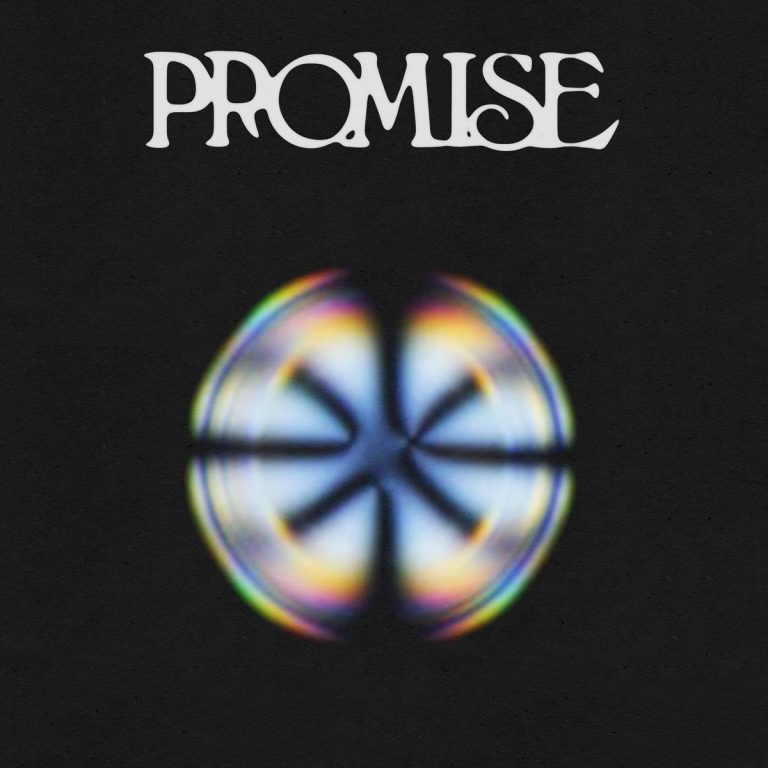Michael Beharie is a musician with such an extensive CV and catalogue that he’s at the point now where any record is a playground for him. While not a household name, he’s one to keep busy: he’s part of the experimental and provisional group Zs; he released a Jim O’Rourke-produced album with composer Teddy Rankin-Parker in 2018; and has produced a wide variety of work for other musicians. His latest solo effort Promise, then, comes a sort of pause and moment of reflection, a mostly quiet study on heartbreak and connection. With eight tracks over 26 minutes, Beharie tries to find a comfortable spot, but sounds best when he’s at one with all of his surroundings.
The most notable voice on Promise isn’t even Beharie’s own though. Instead it’s that of Laura Cocks’ flute, whose breathy, airy tones add a dynamic range to the songs here. While she’s a definite memorable sound, there are times when it feels like she and Beharie aren’t quite gelling as well as he intended. When not being rough around the edges, opening track “Red” is a little too prickly for its own good: the fizzy distortion and harsh flute notes work against the quiet bustle of drums and wordless female vocals (courtesy of Charlotte Mundy, another performer whose voice steals the spotlight) at the start of the track. “Eclipse”‘s delicacy, with its gentle fingerpicked guitar, seems like a ripe opportunity to make for a soothing atmosphere, but unfortunately Beharie’s composition is lacking any sort of memorable feature – even with Cocks’ flute dressing it up nicely.
Indeed, Beharie’s tracks here have real trouble lingering in mind, and only occasionally does he capture all the right ingredients and mix them together well. “Ghost” is the standout, a familiar-sounding but deliberate purpose about it, complete with flurries of mandolin and trilling flutes. Even Beharie’s vocals sound like they have genuine heartache in them, and though the song is a little overcooked by the end with its flashes of drum fills, it’s still a moment worth returning to. “Lolo” fares well too, the bobbing and buoyant rhythm sounding like a well-oiled machine (thanks in part to Gui Duvignau’s lurching and mechanical bass). These are moments that feel fully inspired and considered
Everything seems to be coming together towards final track “For Days”; the collection of players all making for a muted but triumphant final flourish. The music that preceded it doesn’t make it feel worthwhile or fitting though; Promise is such a passably easy listen that the send off “For Days” goes for almost feels like it was taken from a different album. Likewise the half trip-hop and half electro-folk of the murky “August” feels out of place, as welcome a left turn its turmoiled, dingy sound is.
Where Promise could have fared better is if Beharie didn’t feel like he had to move on from tranquil moments. There’s a desire for peace and calm lurking in between the notes here, which Beharie can’t quite get at, making for a frustratingly fleeting sense of stillness. A fair dose of the album’s instrumental passages might have been better just lingered on and extended, making Promise an ambient-leaning exercise that one could sink into. Instead, the album goes the other direction and is distinctly too beige for the most part, and instead of being an album to sink into, it’s an album that sinks unnoticed into the background. Promise might be another musical playground for Beharie (and one that might even been better focussed as a fully collaborative album), but rarely does he sound like he’s having any kind of fun.

